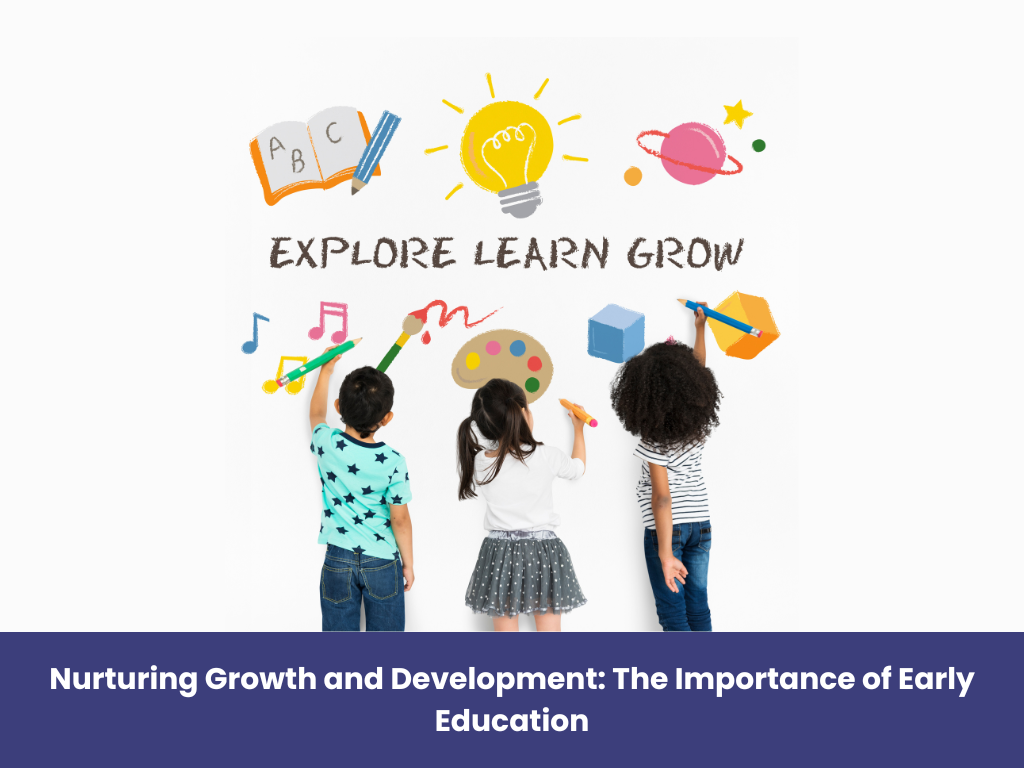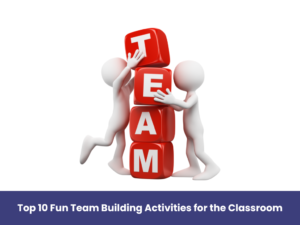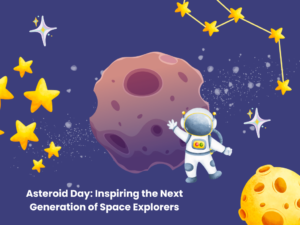Introduction:
Early childhood, often regarded as the formative years of a person’s life, lays the foundation for future growth and development. During this crucial period, children undergo rapid physical, cognitive, emotional, and social changes that shape their lifelong trajectories. In recent years, there has been a growing recognition of the pivotal role that early education plays in nurturing these aspects of development. In this article we at The Navyandhra School, one of the top playschool in Gurugram shall delve into the significance of early education in fostering holistic growth and development in children.
The Importance of Early Education:
Early education encompasses a range of experiences and interactions that occur during the first few years of life, typically from birth to around age eight. It goes beyond traditional academic learning and focuses on providing children with a nurturing environment that supports their cognitive, social, emotional, and physical development.
-
Cognitive Development: Early education programs lay the groundwork for cognitive development by stimulating children’s curiosity, critical thinking, and problem-solving skills. Through age-appropriate activities and play-based learning, children develop essential cognitive abilities such as language acquisition, numeracy skills, and spatial awareness. Early exposure to educational concepts sets the stage for future academic success and lifelong learning.
-
Social Development: Interactions with peers and caregivers in early education settings promote social development by teaching children how to communicate, collaborate, and resolve conflicts effectively. These experiences help children develop empathy, perspective-taking, and social skills necessary for building positive relationships later in life. Moreover, early education fosters a sense of belonging and community, laying the groundwork for social integration and cohesion.
-
Emotional Development: Emotional intelligence, or the ability to understand and manage one’s own emotions as well as those of others, is a critical component of early childhood development. Early education environments provide opportunities for children to express their feelings, regulate their emotions, and develop coping strategies in a supportive and nurturing context. By promoting emotional well-being and resilience, early education sets the stage for mental health and overall well-being throughout life.
-
Physical Development: Physical activity and gross motor skills development are integral parts of early education programs. Through active play, outdoor exploration, and age-appropriate exercises, children enhance their coordination, balance, and strength. Physical development not only contributes to overall health and fitness but also supports cognitive function and academic readiness.
The Role of Early Educators:
Central to the effectiveness of early education are the educators who facilitate learning and provide a nurturing environment for children to thrive. Early childhood educators possess specialized training and expertise in child development, curriculum design, and pedagogical approaches tailored to the needs of young learners. Their role extends beyond imparting knowledge to fostering curiosity, creativity, and a love for learning.
-
Creating Enriching Environments: Early educators design learning environments that are stimulating, inclusive, and responsive to children’s interests and developmental needs. Classrooms are equipped with age-appropriate materials, educational resources, and opportunities for exploration and discovery. Moreover, educators cultivate a culture of respect, empathy, and acceptance, where every child feels valued and supported.
-
Facilitating Meaningful Interactions: Effective early educators establish warm, supportive relationships with children and families, serving as trusted mentors and advocates for learning. They engage in purposeful interactions that promote language development, critical thinking, and socio-emotional skills. By scaffolding learning experiences and adapting instruction to individual differences, educators empower children to reach their full potential.
-
Collaborating with Families: Recognizing the importance of family involvement in a child’s education, early educators foster partnerships with parents and caregivers. They communicate regularly, share insights about children’s progress, and involve families in decision-making processes. By working together as a team, educators and families create a seamless continuum of support that extends from home to school.
Conclusion:
In conclusion, early education plays a crucial role in nurturing growth and development in children during their formative years. By addressing the cognitive, social, emotional, and physical dimensions of development, early education programs lay the foundation for lifelong learning, well-being, and success. Through the dedication and expertise of early educators, children at The Navyandhra School, one of the top day-care in Gurugram are provided with enriching experiences that empower them to thrive in an ever-changing world. As we continue to recognize the importance of early education, let us prioritize investment and support for initiatives that ensure every child has access to high-quality early learning opportunities.




